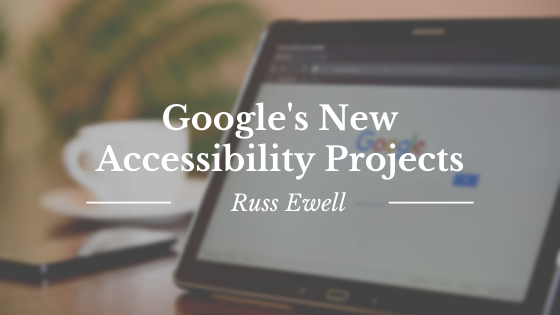Google has recently unveiled 3 separate efforts to bring technology to those with disabilities to help make their daily lives easier and more accessible. The three projects are Project Euphonia, which aims to help those with speech impairments; Live Relay, which assists anyone who is hard of hearing; and Project Diva, which aims to give autonomy and independence to people with the help of Google Assist.
More than 15% of people in the United States live with a disability, and that number is only expected to grow in the years ahead as we grow older and start living longer. There has never been a better time to try to harness the power of our technology to help make the lives of the disabled more comfortable and fulfilling.
Project Euphonia
Project Euphonia aims to help those with speech difficulties caused by cerebral palsy, autism, and other developmental disorders, as well as neurologic conditions like ALS (amyotrophic lateral sclerosis), stroke, MS (multiple sclerosis), Parkinson’s Disease, or traumatic brain injuries. Google’s aim with Project Euphonia is to use the power of AI to help computers understand speech that is impaired with improved accuracy, and then, in turn, use those computers to make sure everyone using the service can be understood.
Google has partnered with the ALS Residence Initiative and the ALS Therapy Development Institute to record voices of men and women with ALS, and have worked on optimizing algorithms that can help to transcribe and recognize their words more reliably.
Live Relay
Live Relay was set up with the goal of bringing voice calls to those who are deaf or hard of hearing. By using a phone’s own speech recognition and text-to-speech software, users will be able to let the phone listen and speak on their behalf, making it possible to speak to someone who is deaf or hard of hearing.
Google also plans to integrate real-time translation into their Live Relay software, allowing anyone in the world to speak to one another regardless of any language barrier.
Project Diva
Project Diva helps those who are nonverbal or suffer from limited mobility to give Google Assistant commands without needing to use their voice, but instead by using an external switch device.
The device is a small box into which an assistive button is plugged. The signal coming from the button is then converted by the box into a command sent to the Google Assistant.
For now, Project Diva is limited to single-purpose buttons, but they are currently devising a system that makes use of RFID tags which they can then associate with certain specific commands.
